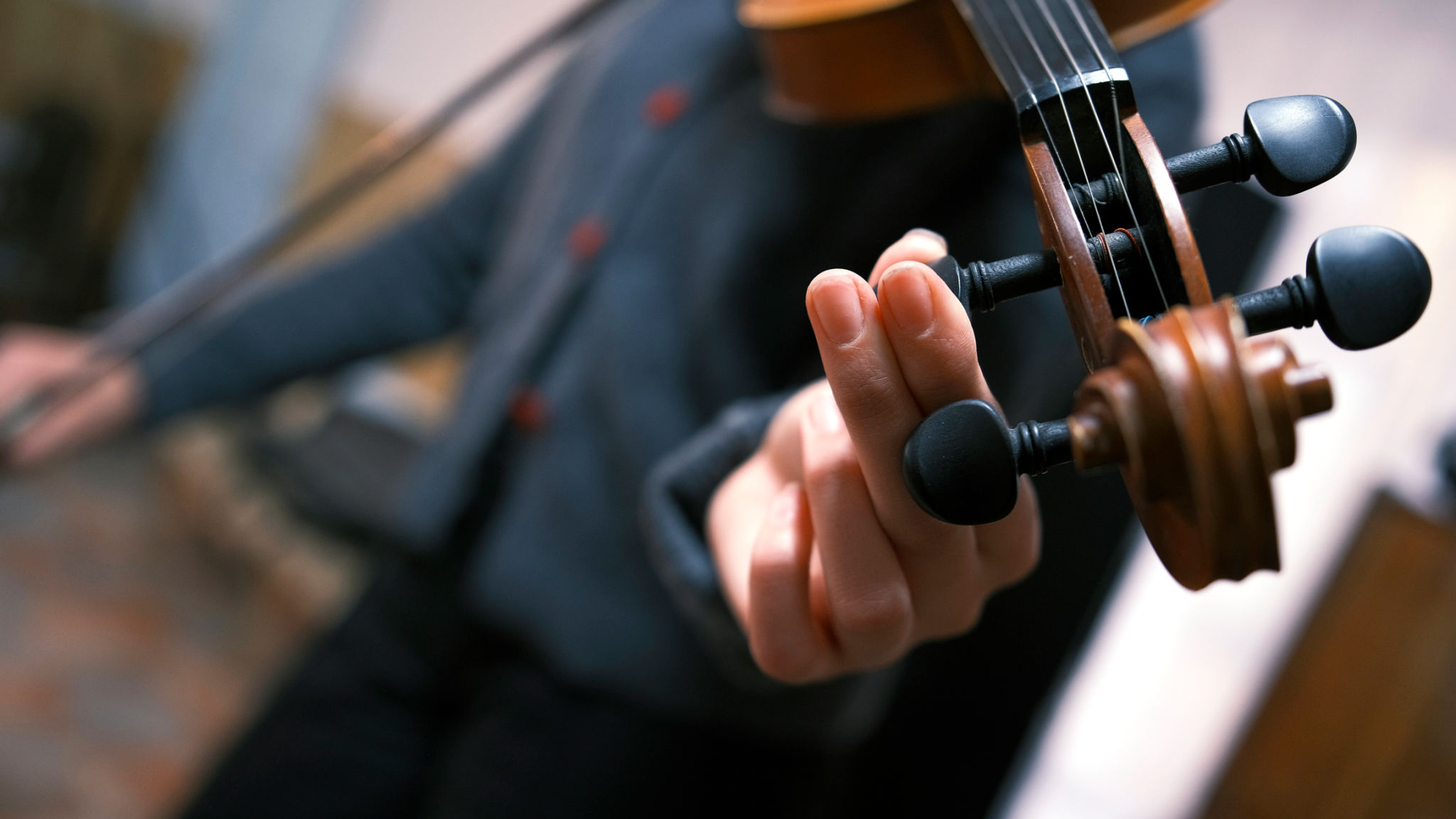Common Myths About Piano Tuning and Repair Debunked
Understanding the Basics of Piano Tuning
One common myth about piano tuning is that it is only necessary when a piano sounds out of tune. However, regular tuning is crucial for maintaining the instrument's overall health. Pianos are affected by changes in humidity and temperature, which can cause the strings to expand or contract, affecting their tension and pitch. To keep your piano in optimal condition, it is recommended to have it tuned at least twice a year.

Myth: Tuning and Repair Are the Same Thing
Another widespread misconception is that piano tuning and repair are identical processes. While both are essential for maintaining a piano, they serve different purposes. Tuning focuses on adjusting the tension of the strings to ensure accurate pitch, whereas repairs address structural or mechanical issues, such as broken strings or sticky keys. Understanding this distinction can help piano owners better care for their instruments.
The Cost of Piano Maintenance
Many people believe that maintaining a piano is prohibitively expensive. While it's true that costs can vary depending on the type and extent of service needed, regular maintenance often prevents more costly repairs in the long run. Investing in routine tuning and minor repairs can extend the life of your piano, making it a more economical choice over time.

Myth: Digital Pianos Don't Need Tuning
A common myth regarding digital pianos is that they don't require any maintenance since they don't have strings. While it's true that digital pianos don't need tuning, they still require periodic checks to ensure their electronic components are functioning correctly. Regular cleaning and servicing can prevent issues such as faulty keys or malfunctioning speakers, keeping your digital piano in excellent condition.
DIY Piano Tuning: Is It Possible?
Some piano owners believe they can handle tuning on their own using online tutorials or kits. However, piano tuning is a highly specialized skill that requires training and experience. Attempting a DIY approach can lead to uneven tension, poor sound quality, or even damage to the instrument. It's always best to hire a professional tuner to ensure your piano receives the care it needs.

Myth: Older Pianos Can't Be Tuned
There's a belief that older pianos can't be tuned effectively due to age-related wear and tear. While it's true that some older pianos may require more extensive repairs before tuning, many can still be tuned successfully. A professional piano technician can assess your instrument and recommend the best course of action to restore its sound quality.
The Importance of Professional Expertise
Relying on myths about piano tuning and repair can lead to neglect or improper care of your instrument. By understanding the facts, piano owners can make informed decisions and ensure their beloved instruments remain in top condition for years to come. Seeking the expertise of professional tuners and technicians is crucial for preserving both the sound and structural integrity of your piano.
